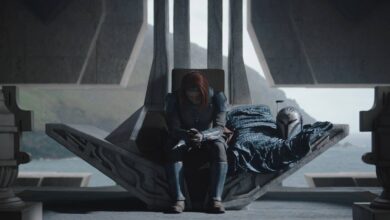The Last of Us Season 2 Episode 1 Review: Certainly More Beautiful But Perhaps Less Beautiful Than the First Season
The Last of Us Season 2 Episode 1 Review: From April 13 on TV, The Last of Us Season 2, released on HBO, is out. It is the second season of the TV series created by Craig Mazin (also creator of the series Chernobyl) and Neil Druckmann, adapting the homonymous video game co-created by Druckmann himself. In particular, this second season, consisting of a total of seven episodes, adapts about half of the second game, The Last of Us Part II, released in 2020, which had a game time of 25 hours, almost double the 14 hours of the first video game released in 2013 and contained entirely in the nine episodes of the first season of this series, released in 2023. We will see the conclusion of the story in the already confirmed third season of the HBO show. If you have played video games, you can already get an idea of the part of the plot that will be featured in The Last of Us Season 2, which, however, will take different liberties compared to the original material, just as the first season did. And so, let’s briefly and without spoilers summarize the premise and characters of this new season, and then review the strengths (many) and defects (some) of the episodes that will come out in the coming weeks.
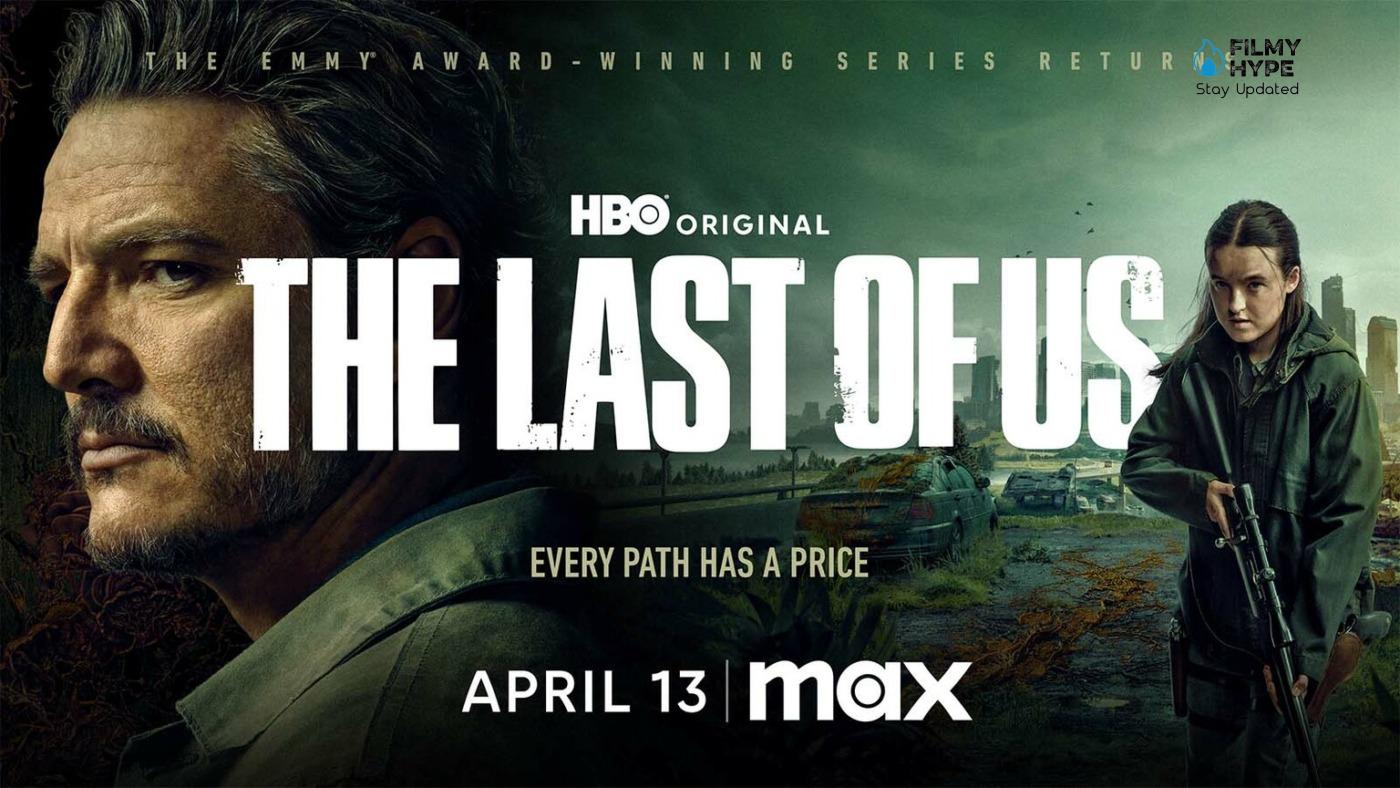
Five years after the events that marked the end of the first season, The Last of Us starts with an apparent calm. Jackson presents himself as an oasis of order in a shattered world. Barriers, armed patrols, and even the presence of an official therapist (played by Catherine O’Hara) suggest a company that has tried, with determination and effort, to restore a semblance of normality. But just like the snow that covers the remains of the previous world, this, too, tranquility is fragile and temporary. At the heart of this new balance are Joel and Ellie, who live under the same sky but on two emotionally distant planets. The tension between them is palpable from the first minutes of the episode. Ellie does not need to explicitly say that she knows what Joel did at the end of last season – the script and the direction work of subtraction, entrusting the silence, looks and answers with half a voice with all the weight of an unhealed wound. Joel seeks an impossible reconciliation, a return to a daily routine that can no longer exist after treason. Ellie, on the other hand, struggles to stay in control, rejecting anyone who tries to get too close. It is in this suspended dynamic that the heart of the episode is rooted: the weight of the past, the need for truth, and the impossibility of going back.
The Last of Us Season 2 Episode 1 Review: Story Plot
Joel and Ellie are changed: 5 years have passed since that confession, which acts as a closure and opening. She is no longer 14 years old, but 19: she is a mature, adult girl, aware of the ugliness of the world more than she was already in the first season. She has lost part of that humor that characterized her at the beginning of the journey and is preparing to face the events that the world will present to her with a hard face. Joel, for his part, has reached a new awareness: the actions of which his hands have stained lead him to face events that are no longer part of the macroscopic but of the microscopic. The relationship with himself she is torn apart by gestures and heinous decisions that now present her account. The same relationship between the two protagonists has changed: there are much deeper reasons for an adolescence to be managed by Ellie and a moral crisis to be taught by Joel. Reasons that will emerge during the story, with flashbacks that will lead us to fill those 5 years of emptiness that the narrative seems to want to leave us behind at first, but that they will soon come knocking on our door, breaking through it.
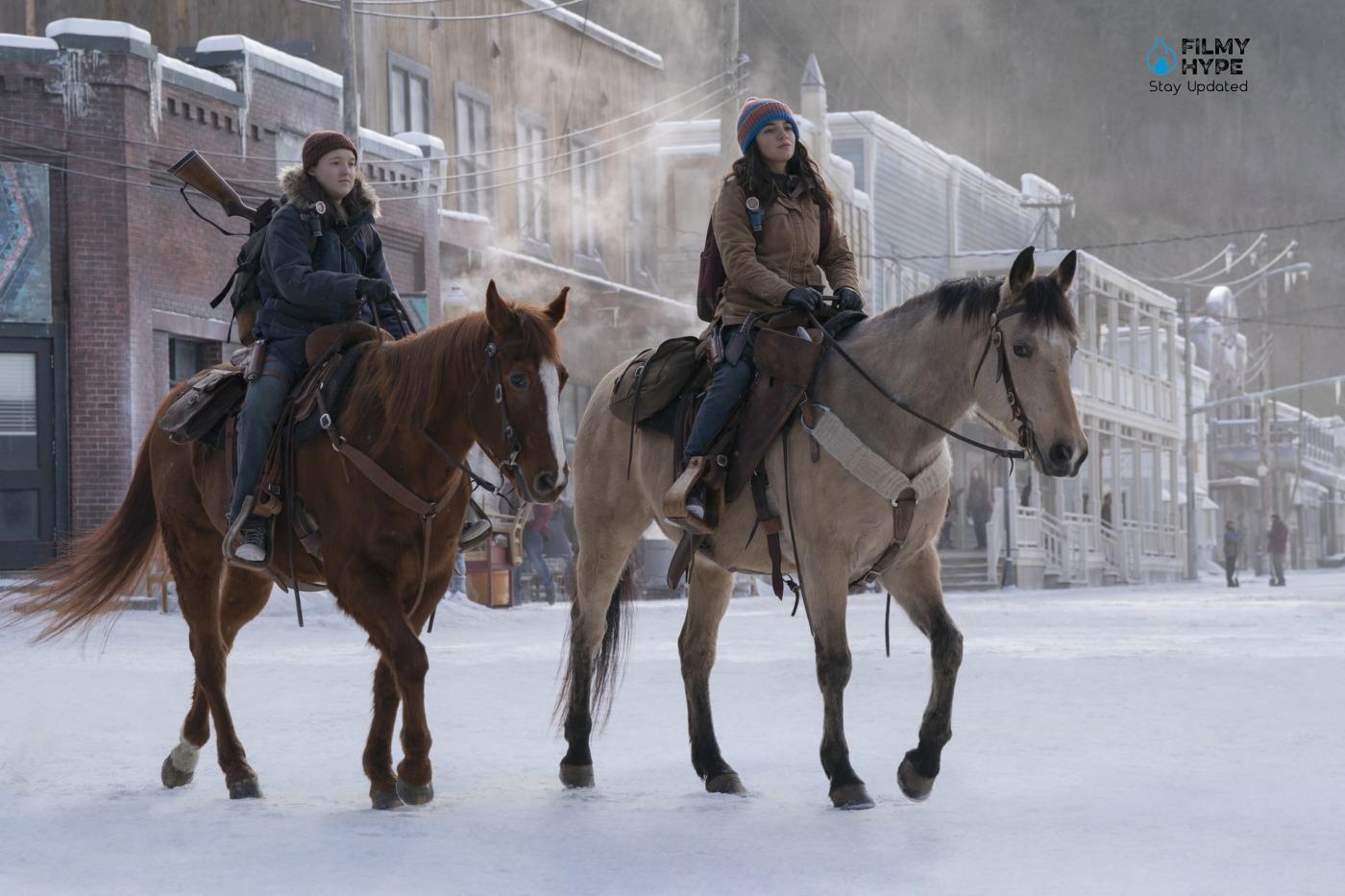
Like the first season, in which we had learned to appreciate some other characters, also in the second emerge supporting actors and other protagonists who will take the screen and not only our affection, but in some cases also our ire. It will be the case of Abby, a character well known to those who come from the video game experience and who will make his debut from the very beginning of the narration, becoming the propellant of everything that will move the protagonists in this second narrative arc. It will also be the case of Tommy, however, Joel’s brother, to whom Druckmann has reserved a reshuffle that could be as welcome as not: we have the task of finding the reasons behind this choice, because the character of Gabriel Luna, compared to his videogame counterpart, is more compassionate, more administrative. It dominates the natural order of things in the city of Jackson, Wyoming, but does not give in to anger and does not let itself be blinded by events as happened in the Naughty Dog video game. This is one of the few differences that Druckmann decides to set up when writing, perhaps to rehabilitate one of the Miller brothers and give the family a moment’s respite, chasing an apparently more precautionary and reassuring choice for the viewer and for the character himself. There will also be room for what is the past of the two men of Austin, in the most classic American coming of age.
The Last of Us Season 2 Episode 1 Review and Analysis
Bella Ramsey returns a multifaceted and powerful portrait of Ellie, now a young adult looking for her identity. Joel’s shadow – and his final gesture last season – hangs over her, and her desire for independence is evident. Ellie is rebellious, restless, thirsty for discoveries, and trustworthy of those around her. Her relationship with Dina (played by the surprising Isabela Merced) offers the only glimmer of warmth, showing a sincere and evolving connection that moves naturally from friendship toward something deeper. The first episode pays close attention to life in the Jackson community. The direction guides us between barterings, patrol patrols, and even therapy sessions, showing a glimpse of civilization rebuilt in a world that has lost almost everything. But the balance is precarious, and the new characters introduced – such as Jesse (Young Mazino), the community’s staple, and the therapist Gail (a surprising Catherine O’Hara) – seem more narrative functions than people, at least for now. The impression is that this ordered world is destined to be overwhelmed again.
Pedro Pascal and Bella Ramsey return to their roles with a disarming naturalness. Their shared scenes, albeit few in this episode, are full of emotional tension. Every silence, every look, tells more than a thousand dialogues. Pascal, in particular, works by subtraction: an adoptive father worn out by guilt, unable to approach a daughter who feels he has betrayed, but still willing to do anything to protect her. Ramsey, on the other hand, manages to transmit a wounded interiority that manifests itself in small gestures, in elusive glances, and in obstinate silences. From a technical point of view, the series remains a jewel. The direction is careful, and the photography alternates breathtaking snowy landscapes with dark and oppressive interiors, while the soundtrack accompanies each scene with discretion and impact. However, this first episode prefers construction to the twist, and the feeling is that of being in a long and measured prologue, where everything is suspended. The pace is calibrated, almost restrained, and the more impatient spectator may find it less engaging than the debut of the first season (which, if you remember, was truly explosive).
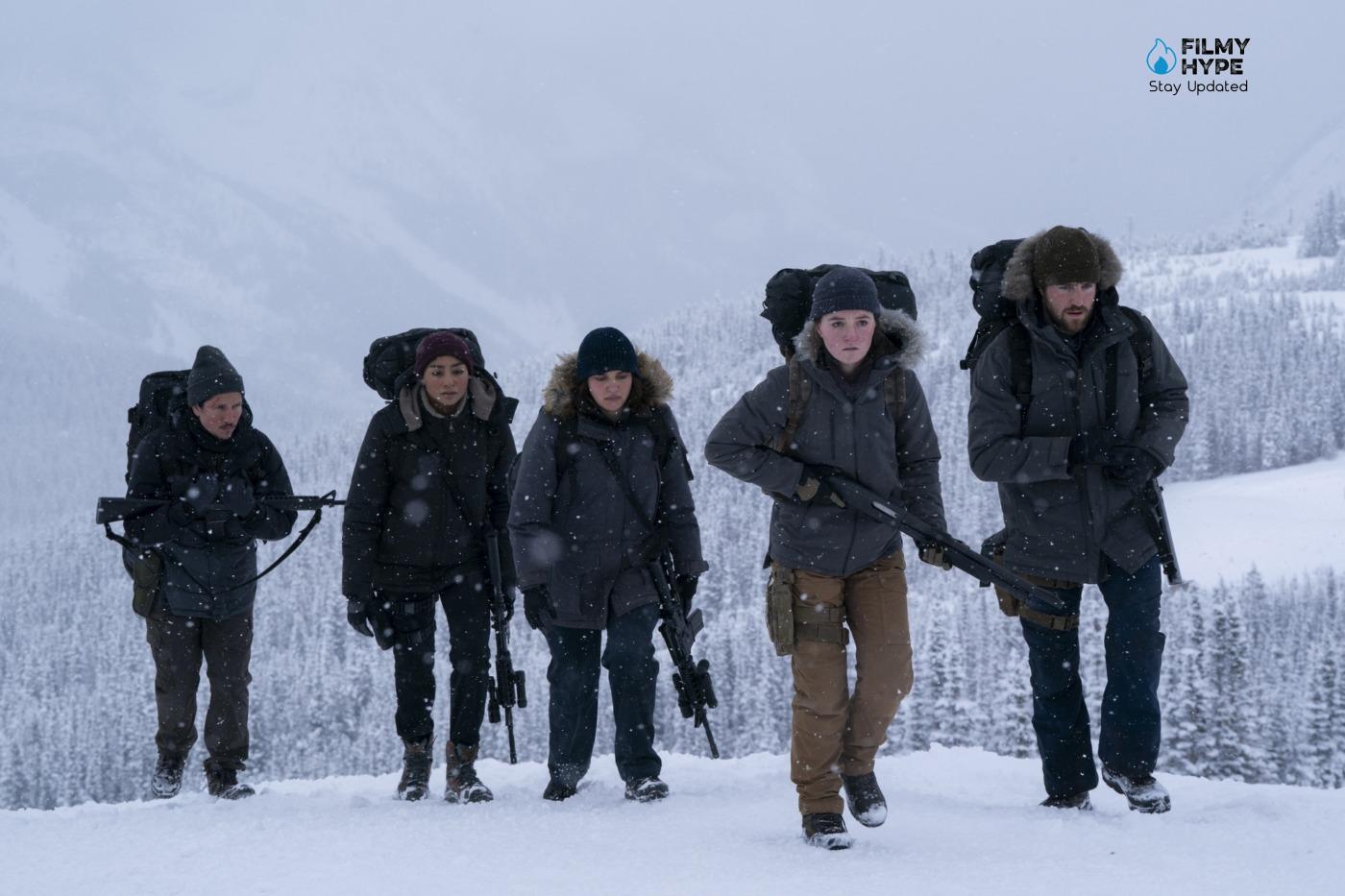
Since its first season, The Last of Us has been able to build a narrative that unites the great and the small, the collective trauma of the end of the world with the most intimate cracks in human relationships. This first episode of the second season continues on that line but with an even darker and introspective tone. History moves like an echo that bounces between what has been and what is feared may happen again. The prologue dedicated to Abby, short but dense, suggests that revenge will be the real engine of the season and that the ghosts left behind by the carnage of Salt Lake City are about to return to ask for the bill. But The Last of Us Season 2 chooses to start discreetly, building solid foundations rather than relying on twists. It is a bold narrative choice, which could leave some spectators disoriented, but which rewards those who have learned to appreciate the psychological depth of the characters. In particular, Ellie emerges in this episode as a fully autonomous figure, forced to face not only external threats but also the consequences of her bond with Joel. Despite the growing distance, the emotional thread that unites them remains powerful, and it is felt that their path – even if not shared – is still highly interdependent.
In this context, another character is also highlighted, namely the town of Jackson. Joel and Ellie have taken refuge there, finding Tommy, Joel’s brother, together with his wife Maria and the son who allowed Joel to become an uncle (Uncle Grumpy, as he is often called), after having obtained a second chance as a father. Jackson becomes a fundamental part of the narrative until it is, in part, supplanted by Seattle, the background that in the second half of the season becomes predominant. The first iteration had shown us a long journey, an intense and full of hardships crossing the United States: a continuous alternation between stops, fights, and the need to confront a torn world. The second season of The Last of Us, instead, wants to lead us into a world that is trying to recover its natural condition. This aspect allows Druckmann and Mazin to make another slight variation on the theme compared to what is the triggering event of The Last of Us – Part 2: nothing so sensational, but which responds better to the desire to give the Wyoming town a weight within the world. The same first episodes, which slow down and dilute – in a positive way – the condition of the inhabitants and the introspection on them, insist on the need to put the urban agglomeration and its administration at the center of the story. Joel has the opportunity to go to therapy, to face his ghosts in this case too, just as Tommy and his wife Maria have the opportunity to emerge as political leaders.
If, in some respects, the production of The Last of Us has the opportunity to slow down and take its time in how to unfold the events and narrative twists, in others, there is the strong intention to replicate 1:1 those strongest, most iconic scenes. Ellie playing the guitar in the Seattle instrument shop is one of these; it is proposed to us in an identical way, as is the dance scene with Dina in the first episode, a moment that will unleash Joel’s staunch defense. In this respect, we underline a slight and unexpected sweetening of what the relationship between Ellie and Dina is, at least in the early stages: perhaps more mature and less aware, but certainly less obvious than what happened in the video game itself. We hope that motivation is not the result of a fear of a new phenomenon of review bombing because it would be an inadequate admission of defeat. And finally, even the scene that most shook up video games in 2020 is replicated slavishly, only changing the supporting actors, but in a sensible way.
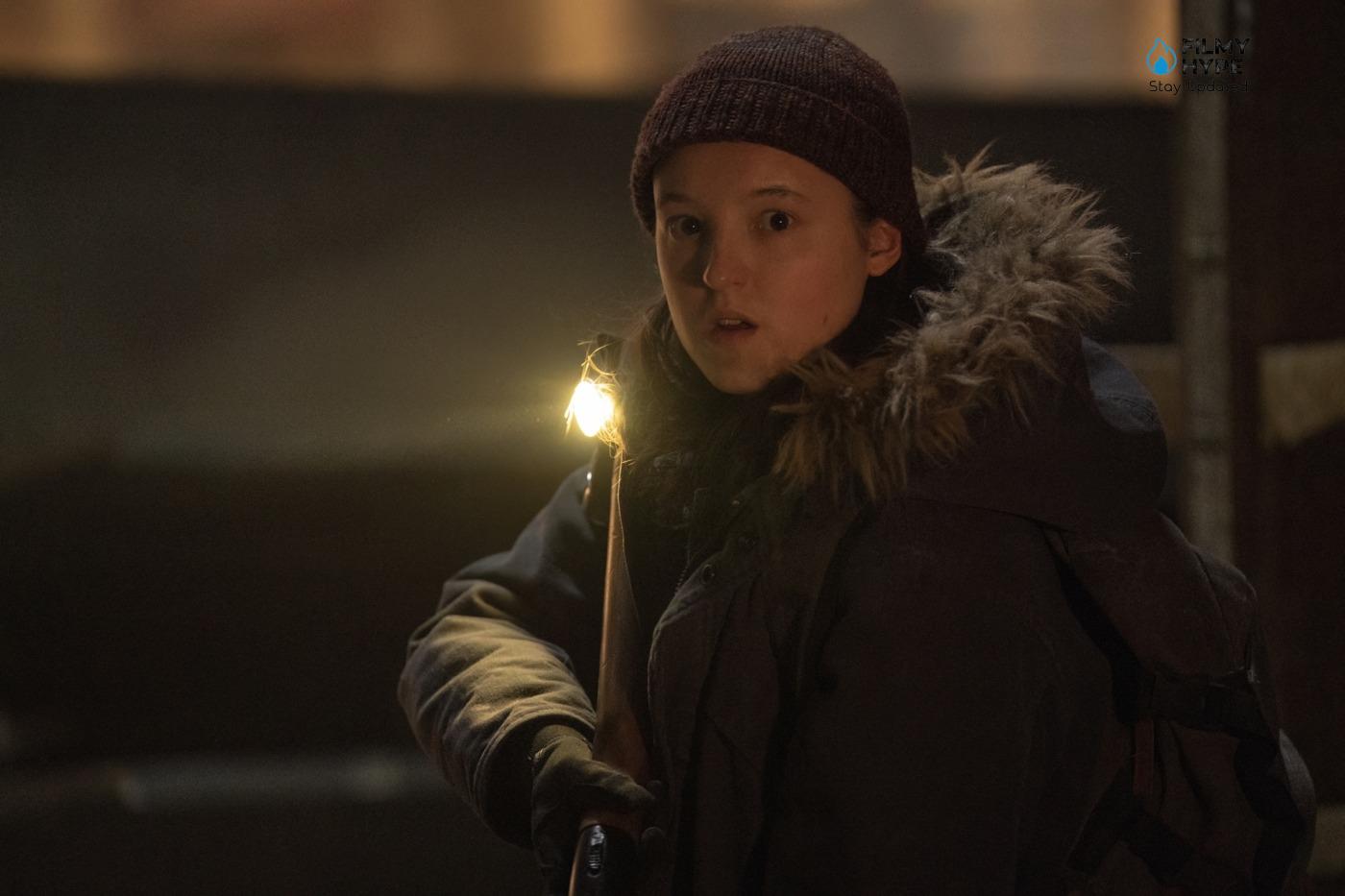
The story becomes more intense, as it happened in the first season, and all the gameplay parts are dried out, leading us to reflective, introspective discussions. As with Joel, the drama takes on a more interior dimension, but without sacrificing the discomfort that humanity is experiencing after the advent of Cordyceps. Indeed, there is also room for a sort of video game reflection, in which the progression is not only of the protagonist, but also of the creatures that surround the scenario in which we find ourselves. And to support all this there is an extreme exaltation of the environments, a faithful reconstruction of the video game, but which in itself takes on a unique value: the snowy expanses of Wyoming, Seattle devoured by creepers and by a nature that is overwhelming humanity, the swamps and vegetation in which Ellie, Dina and Isaac (played by the same actor who gave him his likeness in the video game, Jeffrey Wright) struggle in a battle to the last blow create a perfect scenario to relive the emotion of The Last of Us. Which is not only a reproduction of the video game but the ability to decline in a different language and medium a story that deserves to have played the role of a milestone in the video game.
The Last of Us takes us through yet another drama of the American people, called once again to face a threat far greater than a pandemic or mephitic creatures that have destroyed their lives: that threat is their fellow man; it is man. In the duel between our faction and Abby’s, in the battle that will arise, there are only losers. The desire for revenge, for payback, to kill others wins. The violence that Druckmann and Mazin stage is not an end in itself but is a warning; it wants to warn others that this is not a solution but something that triggers a consequence, perhaps more than one. But even more, the concept of justice is exalted: there is no one who, in this world, can consider themselves upright and pious, because even our most trusted and beloved character will soon be overturned and seen with very different eyes than those we are used to. The Last of Us has this great ability and will continue to have it, with its third season, because there is still material and Part 2, we could say has only been scratched on the surface: in 2 years, hopefully, there will be a way to return to experience the disasters that man has generated on this planet.
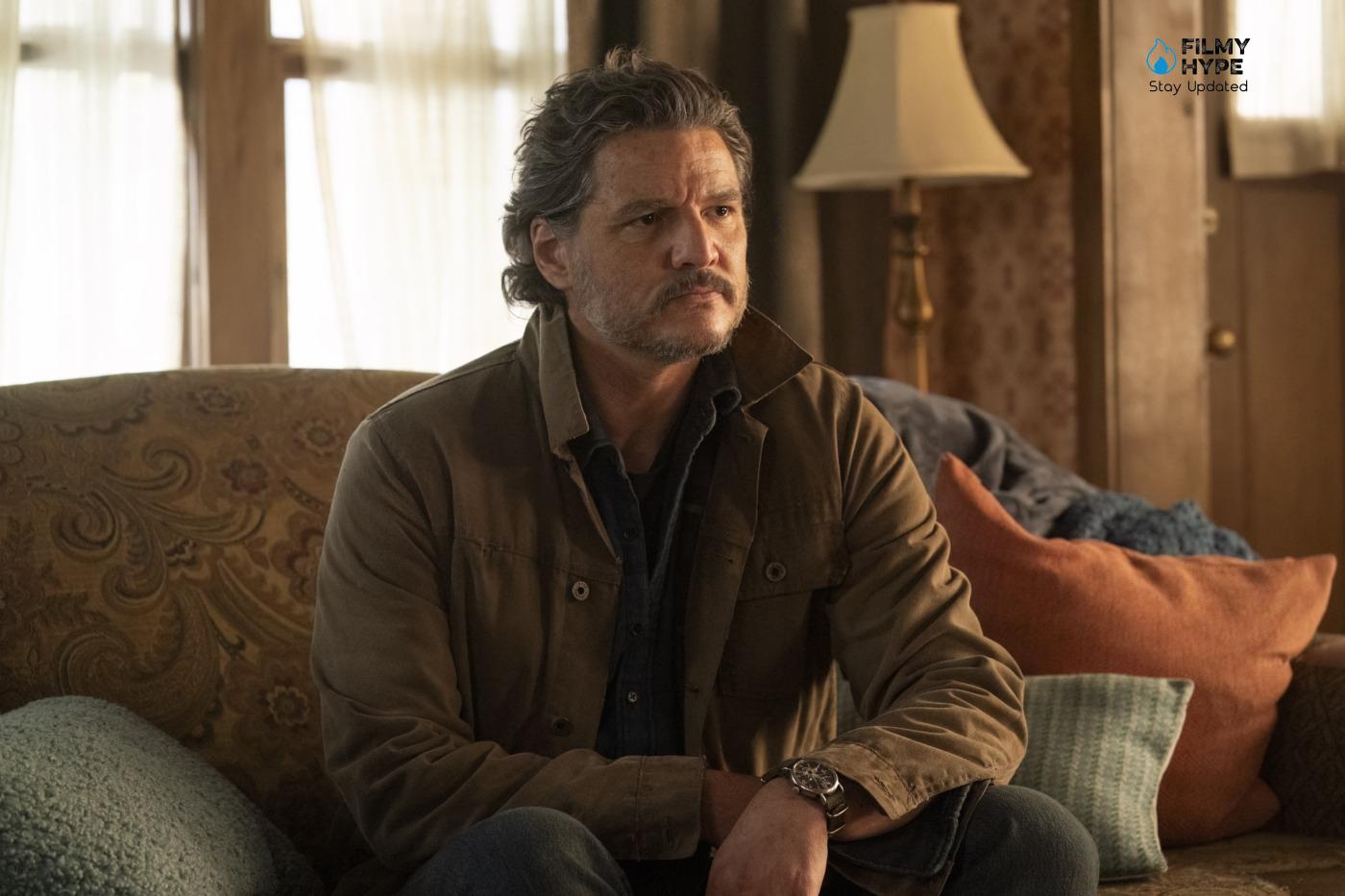
To explain the title of this review, it is not enough to clarify to those who do not know the play (on words) that in the second part of The Last of Us, the character played by Bella Ramsey has an even more leading role in the story than in the first season. And so, yes, The Last of Us Season 2 is certainly more Bella, and if you think about Ellie’s ferocity in some scenes, it is also more Ramsey. In the sense of the evil and almost namesake Ramsay Bolton of Game of Thrones, the debut series of the actress. By the way, in season 2, The Last of Us has a battle scene that has nothing to envy the best seen in Game of Thrones. But if the action is certainly not lacking in this new season, which shifts the central engine of events from love to hate, other aspects do not fully convince the critics, unlike the almost unanimously acclaimed debut season. Those who know and love the video game The Last of Us Part II, in particular, are expressing several reservations about the narrative of the new season of the HBO series.
On the one hand, for example at the American Hollywood Reporter, some underline how the choice, in some ways forced, to divide the second video game into two seasons hurts the pace and economy of the story, postponing many explanations and contexts to the next and final (?) season, which will therefore also have the task of re-evaluating a posteriori an otherwise incomplete season. To this criticism is then added a more specific one on the lack of nuances, of gray areas that the series has compared to the Naughty Dog video game. That is, if in order to advance the story, changes in perspective are postponed explaining the motivations of the protagonists, this goes to the detriment of what was a central aspect of the game, namely how different points of view make a character seem good or bad. Specifically, The Last of Us Season 2 shows a less chiaroscuro Ellie than the game, where you can empathize with her but also with Abby, depending on the moment. The Last of Us Season 2, therefore, remains a TV series of the highest quality, visually impeccable and divinely acted, in particular by a moving Pascal (but not only him), full of twists and very strong emotions that range from crying to fear, but some limits, this time, there are.
The first episode of The Last of Us Season 2, on a technical level, confirms the quality that characterized the first season, keeping intact the characteristics thanks to which the series is considered an acclaimed masterpiece. Photography continues to be a central element, capable of masterfully capturing both the melancholy vastness of the post-apocalyptic world and the emotional intimacy of the characters through shots with attention to the smallest details to amplify the spectator’s immersion. The soundtrack maintains a supporting role with songs that manage to enhance every moment, both in the silences full of tension and in the most dramatic scenes, leaving a deep emotional imprint. The same happens for the setting, with a scenographic design that highlights the disturbing abandonment of cities up to the natural expanses dominated by chaos, continuing to tell a story in itself through each frame. Any detail, from urban decay to ruined landscapes, contributes to building a vivid and credible world, giving back that sense of desolation that is the beating heart of the series.
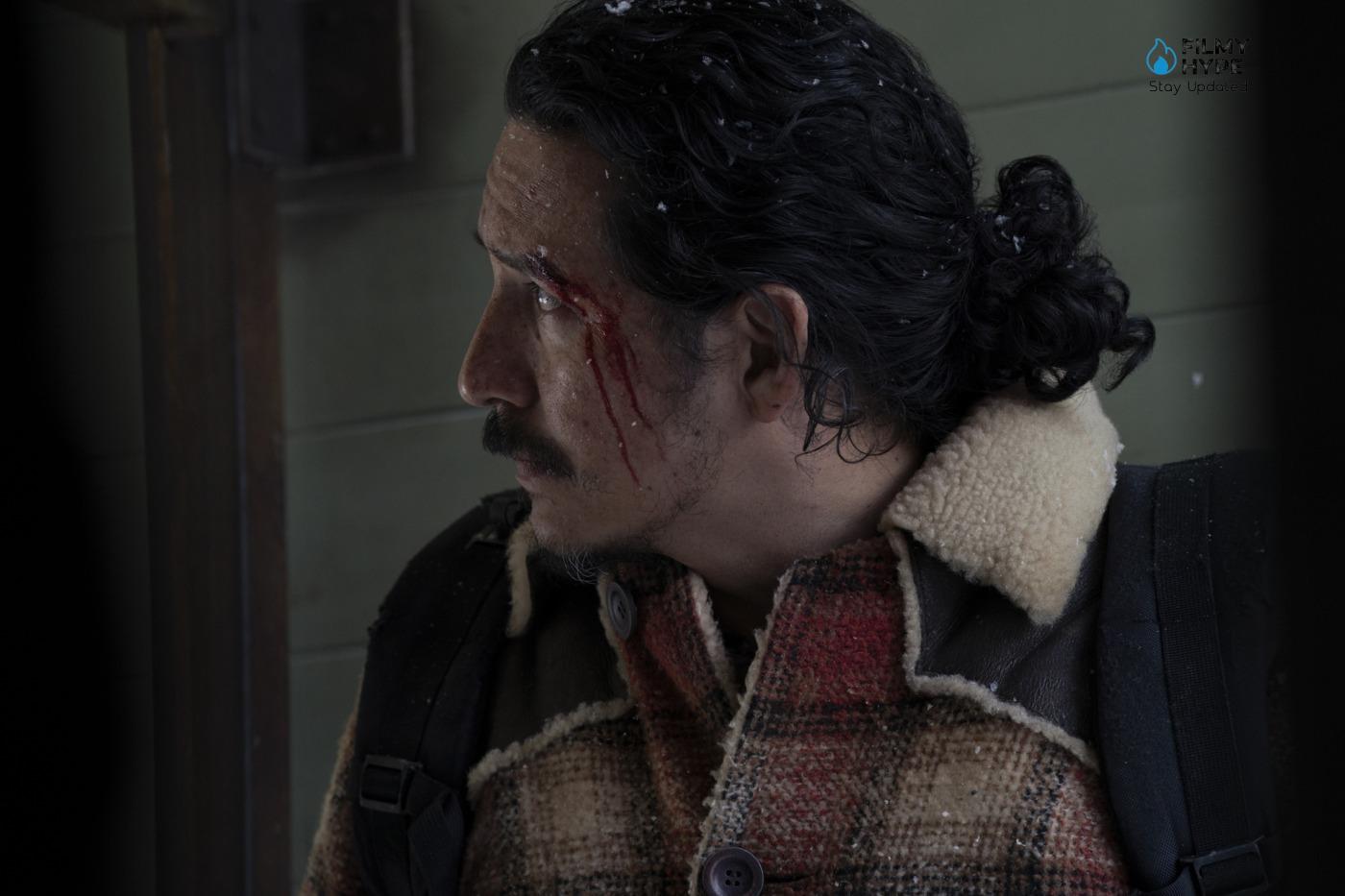
And it is precisely this desolation, intrinsic to the world of The Last of Us, that resonates also in the relationship between Joel and Ellie, whose bonds seem to reflect the fragility and pain of their surroundings. From a narrative point of view, the first episode of the second season presents itself as a prelude to what the public can expect in the following chapters. The narration resumes five years after the final events of the first season, dragging the spectators into an intertwining that, although condensed in just over an hour, manages to sow ideas and tensions destined to give shape to the continuation of the story. At first glance, the different relationship between Ellie and Joel immediately shines through, cracked after the lie that the latter told the girl, albeit for good. Something that hurts the two characters internally but also the spectators themselves, who find themselves in front of a different Joel, afflicted and fought, intent on wondering where he went wrong and why having saved Ellie’s life has become a reason for detachment from each other.
For her part, Ellie also looks different than usual, especially since – apparently – she seems to have managed to turn the page, unlike Joel. She has integrated well into the new community, has made new interesting knowledge, and is dedicated to various activities, trying to improve her skills and demonstrate her value to others. In its way, Ellie continues to seek attention, especially after his possible role in saving humanity has gone up in smoke, trying to find another purpose. However, while trying to react, Ellie also takes a step back in her path, returning to being the grumpy and inscrutable girl with whom Joel had found himself dealing at the beginning of their relationship. In the beginning, Ellie shows that she believes Joel, but in her heart, she is aware that she has been deceived, and this inner disappointment, instead of emerging with words, ends up creating a wall between them that neither of them dares to cross.
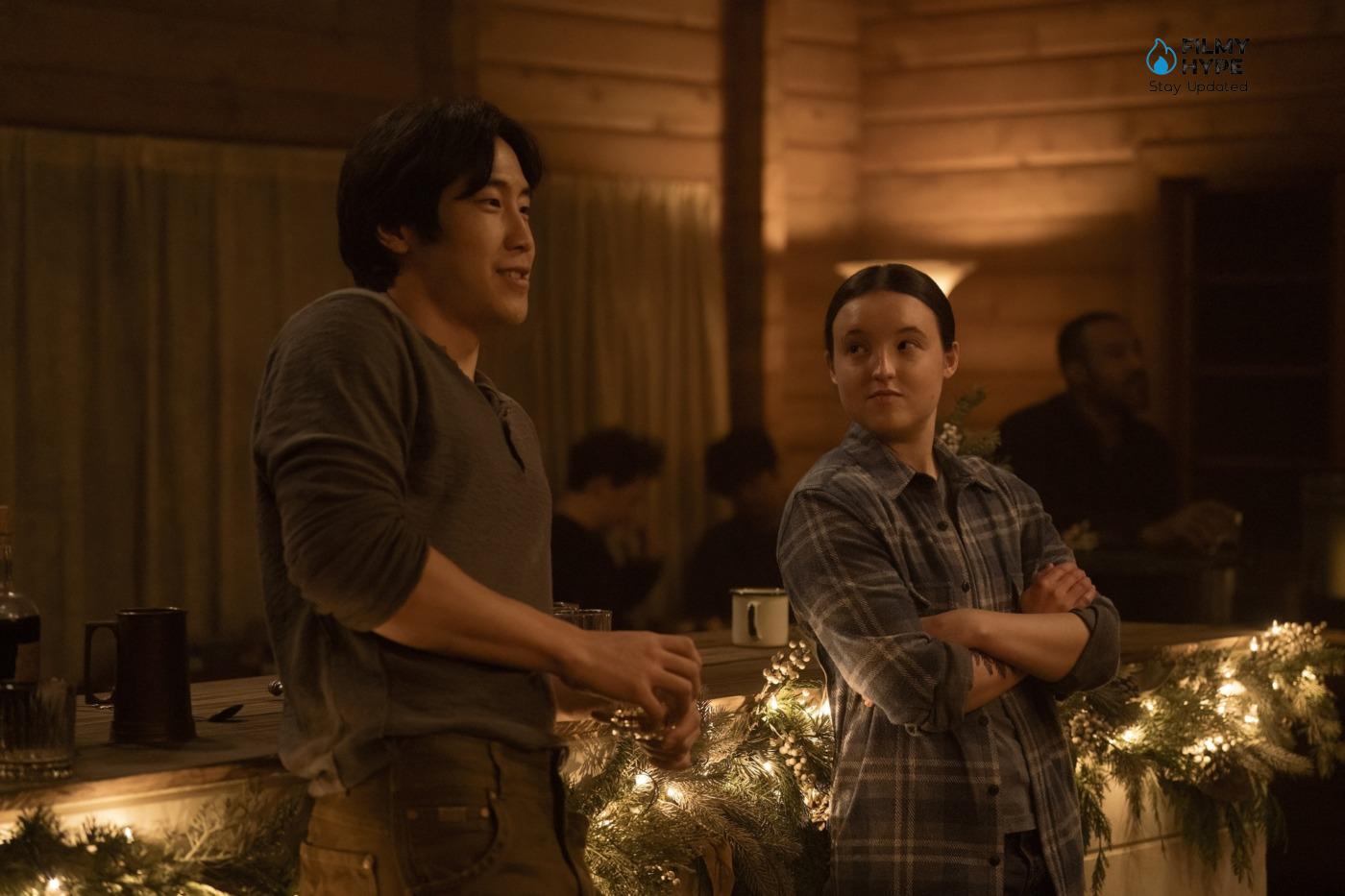
Joel and Ellie are now in a phase of their life where, despite the apocalyptic context, as Jackson, they can experience a semblance of normality. Immersed in an organized and self-sufficient community, with resources and structures reminiscent of those of a city of the past, they begin to live a more stable reality than the wandering and precarious life to which they were accustomed. This change offers an interesting contrast to the previous scenario, adding new nuances to the interactions and challenges of the protagonists. However, the new relationships and dynamics established within this society fail to completely erase the shadow of the threats that threaten. This balance, as precious as it is delicate, suggests that the tranquility conquered could only prove temporary in a world where the struggle for survival does not grant respite and where new dangers are always ready to make their way on the horizon.
The Last of Us Season 2 Episode 1 Review: The Last Words
The first episode of The Last of Us Season 2 can be considered a preface to what we should expect later. The audience finds themselves catapulted five years after the events that ended the first season of the TV series, and there is much to be worked out in just over an hour. The story branches just like the Cordyceps mushroom into several subplots which, however, end up converging in the same main vein, offering further narrative ideas thanks also to the entry of new interesting characters. The second season of The Last of Us also preserves the graphic and sound excellence of the previous one, transporting spectators to a tangible and poignant post-apocalyptic world where the lives of Ellie and Joel are intertwined between new challenges, moments of hope, and deep emotional lacerations. The series shows a maturation in its main characters, especially in Ellie, now a young woman who tries to emancipate herself from the paternal and guilty figure of Joel. Despite the absence of striking moments, the quality of acting and the care in building the world remain high. It is a beginning that focuses on depth rather than on immediate impact.
Cast: Bella Ramsey, Pedro Pascal, Isabela Merced, Kaitlyn Dever, Young Mazino, Gabriel Luna, Catherine O’Hara, Jeffrey Wright
Created By: Craig Mazin, Neil Druckmann
Streaming Platform: HBO Max
Filmyhype.com Ratings: 4/5 (four stars)
Cover images and this article from the TV series The Last of Us. Credits: Sony Pictures Television, PlayStation Productions, Naughty Dog, The Mighty Mint, Word Games



